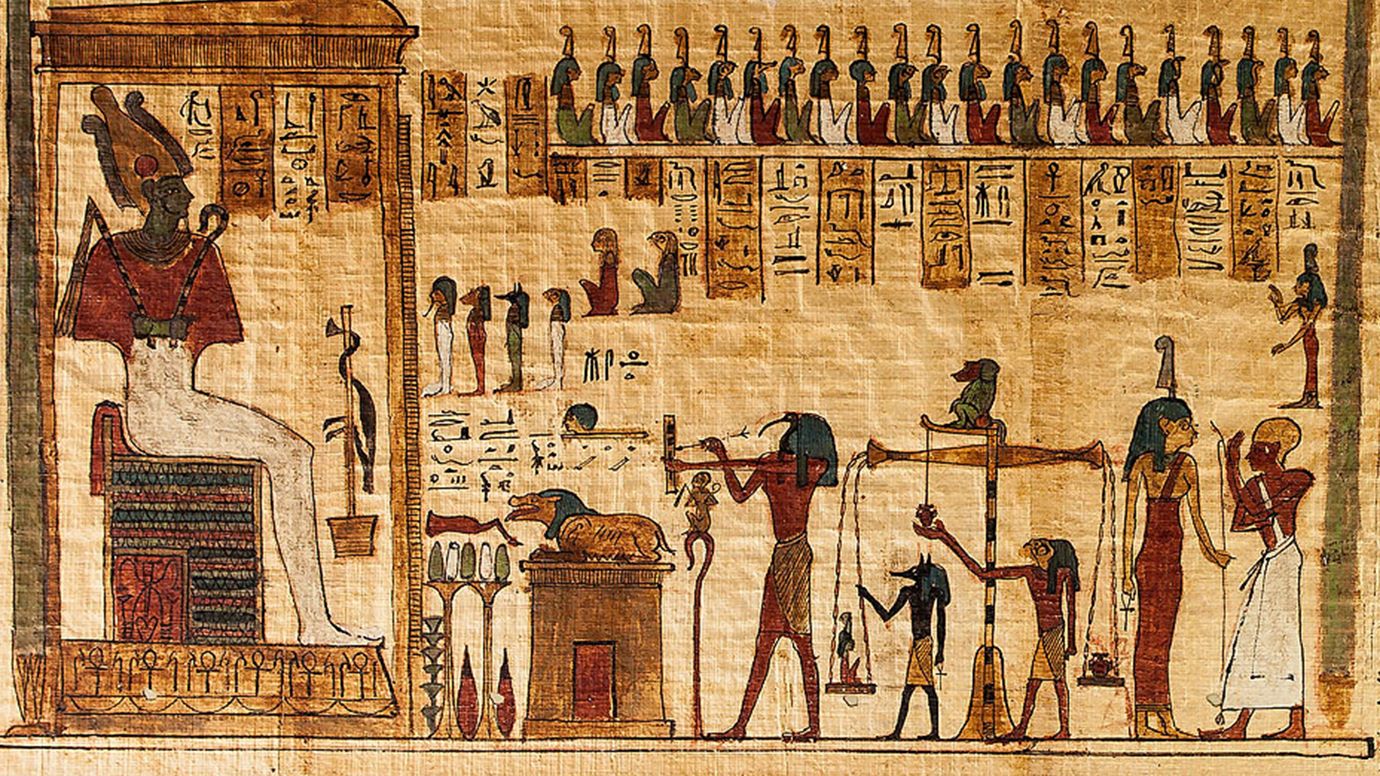The ancient Egyptians pioneered many things from agriculture and astronomy to math and engineering. Notably, their invention of the hieroglyphic writing system allowed a glimpse into one of the world’s oldest civilizations. With came literature, and among the enduring forms is wisdom literature. Ancient Egypt left behind a legacy of wisdom writings that continues to resonate. Referred to as Sebayit, these instructional texts provide a window into the cultural values and principles cherished mainly by Egypt’s upper classes or the literate elite. These writings offer practical guidance for virtuous living, in both public and familial spheres. Through vivid scenarios, these texts articulate ethical standards and offer practical advice for shaping one’s character. Emphasizing honesty in commercial dealings, preserving one’s reputation and advocating respect for authorities, they highlight the importance of measured speech and fairness in financial transactions. Framed as paternal advice from father to his son, Sebayit , often attributes the maxims to distinguished Egyptian officials. This serves to enhance the text’s authority and credibility, particularly among the esteemed upper classes. By associating wisdom literature with respected figures, the advice gains added weight, making it more likely to be heeded…



